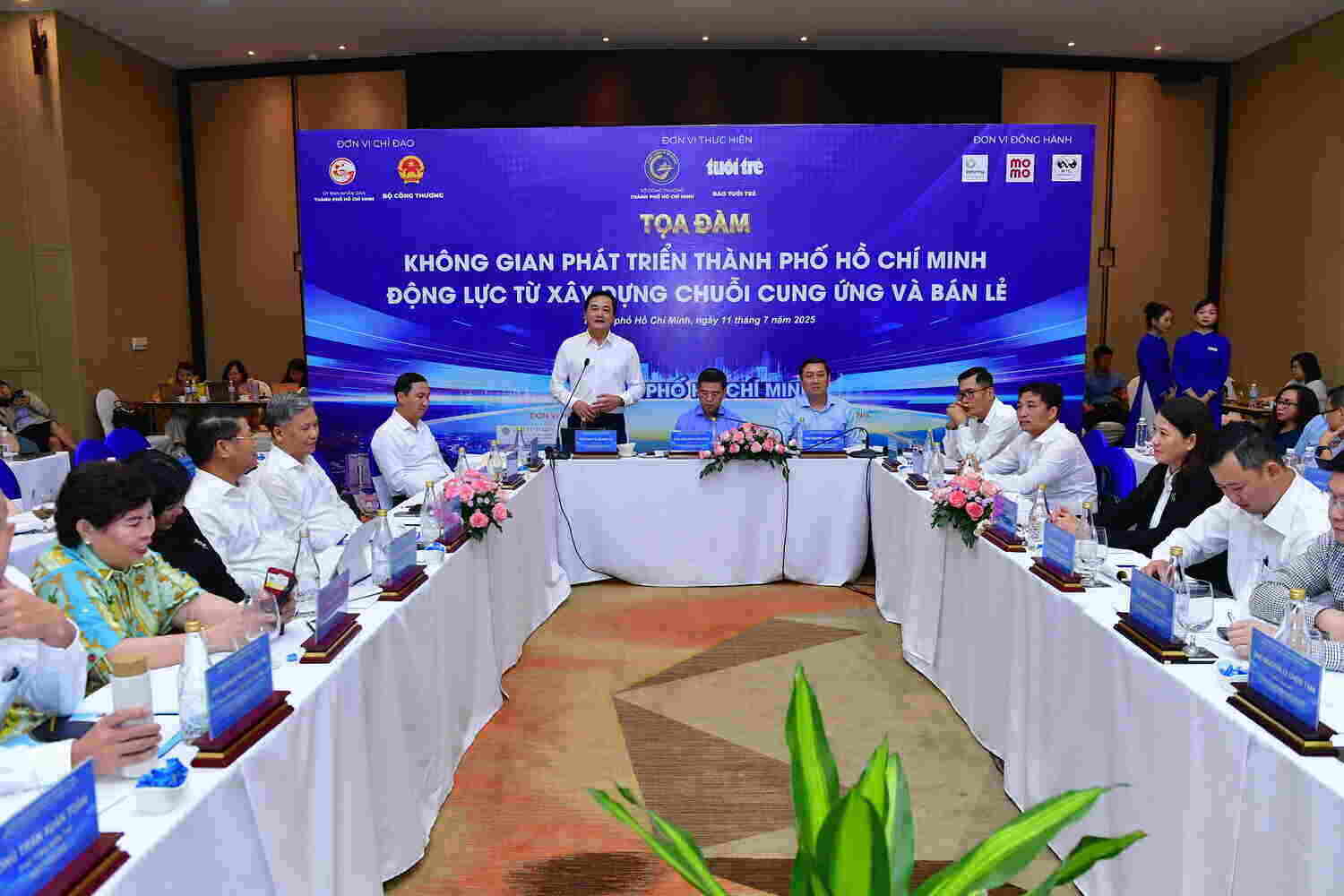
The biggest barriers to digital transformation for small traders today are not only the application of technology, but also operational habits. According to a survey of 203 small enterprises, most of these enterprises still manage orders, warehouses, accounting and finance manually. The lack of appropriate tools and lack of skills in using sales management software, electronic invoices, accounting... makes it difficult for them to control cash flow, plan finances and expand scale.
Meanwhile, many traders are still hesitant to change, prioritizing cash receipt and manual operations to save costs in the short term, but face the problem of time-consuming, data deviation, and not enough data to access credit. Changing habits to digital technology requires a suitable roadmap, simple tools and support from easy-to-reach platforms.
Recognizing those "bottlenecks", MoMo's solution set aims to restructure the entire operating process of individual traders and business households:
Step 1 Active basic touch points: Start by bringing technology closest to the best trader right at the thanh toan counter. MoMo helps them access simple, easy-to-use digital tools such as QR codes to accept payment from any bank, transfer notification speakers. From there, introduce to traders basic sales software and integrated delivery services to expand coverage. At the same time, business fanpages and business pages on the MoMo platform are pre-done to help traders appear online and approach customers around the area more systematically. This is the first step of "digital activation" to gradually form business data.
Step 2 - Digitize the entire operation: After getting used to technology touch points, traders can expand to specialized operating solutions: POS system synchronously connecting orders from online to offline, automatic inventory management, real-time revenue control and integrating multi-channel sales. grocery stores, small restaurants or family stores can now reduce 3050% of their operating personnel thanks to automation, more effective cost control and improved profit margin by 515% in just a few months.
Step 3 - Connecting digital finance: When the operational data is thick enough, MoMo helps traders take another step forward: integrating online tax declaration, issuing electronic invoices, using digital signatures and synchronizing with accounting software. In particular, the credit scoring system based on actual transaction data allows them to access legitimate unsecured loans from banks without collateral or complicated records. This is an important transformation, bringing traders from the informal sector to being recognized in the legitimate financial system - not through forced paths, but through their own data.

We do not stop at being a payment application, but are providing an ecosystem of effective digital financial solutions that any small business, whether it is just a grocery store or a company with a few dozen employees can develop strongly and sustainably thanks to transparent data, reliable connections and financial services integrated with AI technology. Mr. Nguyen Ba Diep shared.
In the context of Resolutions 68 and 57 focusing on developing the private economic sector and perfecting institutions to support innovation, MoMo is gradually realizing this orientation with specific and easy-to-implement solutions. For example: supporting traders to use identification to create clear business records; building a credit scoring system based on actual transaction data instead of traditional documents; and digitizing the entire operating process - from sales, accounting to tax declaration.
At the same time, MoMo proposes to build a synchronous ecosystem, from data infrastructure to basic skills training programs, helping small traders gradually manage more effectively and have the conditions to access official financial resources easily and effectively.










